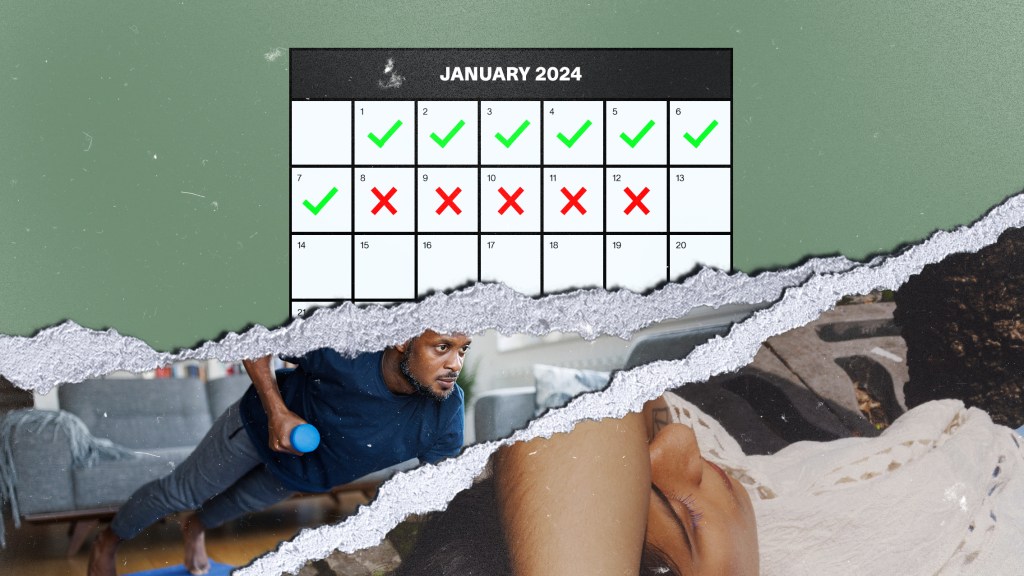With some of the highest cumulative cases per 100,000 in Europe and a record number of hospital admissions, Belgium returned to a national lockdown late Sunday evening. The decision comes during a second wave of infections currently surging across the continent and prompting similar lockdowns in France, Germany, and the United Kingdom.
“Our country is in a state of emergency,” Belgian Prime Minister Alexander De Croo told reporters on Friday. “In many hospitals capacity has already been exceeded. We still do not see a change [in the numbers]. There is only one answer, one choice, and that is standing behind our healthcare sector. The only way to do that is to avoid all physical contact as much as possible.”
Videos by VICE
But even De Croo’s plea to avoid physical contact has some exceptions. Under the new national measures, people in need of some physical intimacy are entitled to one “knuffelcontact” (literally “cuddle contact”), with people living alone allowed one extra cuddle buddy. Unfortunately for polyamorous “knuffelaars” however, only one cuddle contact is allowed to visit at a time. In May, health authorities in the neighboring Netherlands similarly–but more matter-of-factly–advised citizens to safetly arrange a “seksbuddy” (‘fuck buddy’) during its partial lockdown.
Despite being one of the cuter sounding words in the Dutch language, the idea of “knuffelcontacts” is meant to address serious concerns about the mental health of an already weary population returning to a dreary winter lockdown. In an ongoing survey conducted by the University of Antwerp, for example, researchers found that even before the new lockdown had been announced, Belgians’ mental health was approaching March-level lows.
“During the first lockdown, several studies concluded that there was a significant rise in depression and anxiety. It was an especially difficult time for those who were alone,” Dr. Filip Raes, a professor of clinical psychology at the University of Leuven told Motherboard. “In that light, I think it’s a really good idea that people can have an extra knuffelcontact, as long as they stick to this rule and maintain the same contact like they are supposed to. We are a social species and we need other people around us to stay healthy, and therefore, from a clinical perspective, it is extremely important that we allow people at least a modicum of intimate social contact. The balance is a difficult one to strike, but in my opinion, in this particular case the benefits outweigh the potential costs.”
Many European governments seem to agree. In contrast to stricter lockdowns in March, many governments have now been reluctant to ban social contact altogether. In England, for example, a “support bubble” system has been implemented for the recently reimposed lockdown that allows single households to exclusively pair up with one other household.
Still, even with exceptions like a cuddle buddy, many people continue to suffer from significant mental health problems and extreme feelings of isolation both caused and enhanced by the pandemic. For those people, Raes implores that they should continue seeing a mental health professional if they are already doing so, and if they aren’t, to immediately reach out to one for help.
“Nobody should have to go through this difficult situation entirely alone,” he said.




